So there I was in August of 2020, sitting at my desk, staring back at my seven business partners on a Zoom screen. I had just confidently (and in hindsight, perhaps arrogantly) presented what three of my partners and I believed to be the perfect strategy for our firm’s next level of growth. We wanted to split the two business models of the firm into two separate companies.
But the other four partners were shocked and offended. They felt blindsided. I was caught off guard by their reaction, disappointed in the outcome, and regretted the erosion of trust I had just unintentionally instigated.
And so, we needed a new strategy, and I needed to rebuild trust. I also needed to become a better leader, but that wasn’t as readily apparent to me at the time. We developed and executed a new strategy, and I did a lot of work to rebuild trust with my partners. In November of 2022, we split the firm following a unanimous vote (you can read more about that in the other posts in this series: #1 and #3). And here’s one of the biggest lessons I learned about leadership over those couple of years:
“Forces beyond your control can take away everything you possess except one thing, your freedom to choose how you will respond to the situation.” – Viktor Frankl
In August 2020, I was focused on the outcome, which I couldn’t control. In 2022 I was focused on what I could control – me. I changed how I handled the situation in the following ways:
- Recognize what you can’t control. You can’t control other people’s reactions. You can’t control how they respond. And no matter how much you wish you could, you can’t control the past.
- Focus on what you can control. You are the only controllable. You can control your attitude, your energy level, and your focus. You can control your thoughts, beliefs, and actions. You can control your words, your tone, and your body language.
- Prepare yourself. Another thing you can control – your preparation. Think about who you’re communicating with and determine how much background information to share, what level of detail to provide, etc. And in addition to the nuts and bolts of your information, think about what you’re communicating through their lens. Even though you can’t control their reactions, you can increase your own awareness of their perspective.
When I finally stopped focusing solely on the outcome and instead focused on my own actions and behaviors, my stress and arrogance went down, and my confidence and empathy went up. And even though I was pleased with the outcome, it wasn’t how I measured success. I was most proud of the way I led through the situation.
How much stress and disappointment could you avoid if you stopped evaluating your situation only by its outcome? Download our What’s In My Control Planning Guide to help you remember what you can and can’t control, and use the space at the bottom to fill in the specifics of your situation.
ABOUT THE AUTHOR
Courtney De Ronde
Relevant Posts
Learn What Your Business Needs Most to Unlock Faster Growth
Your business relies on four key areas, or centers of intelligence, to thrive. Take the free Business Intelligence Grader to see how you score across financial, leadership, productivity, and human intelligence and learn where to focus to drive greater results.
Your business relies on four key areas, or centers of intelligence, to thrive. Take the free Business Intelligence Grader to see how you score across financial, leadership, productivity, and human intelligence and learn where to focus to drive greater results.



